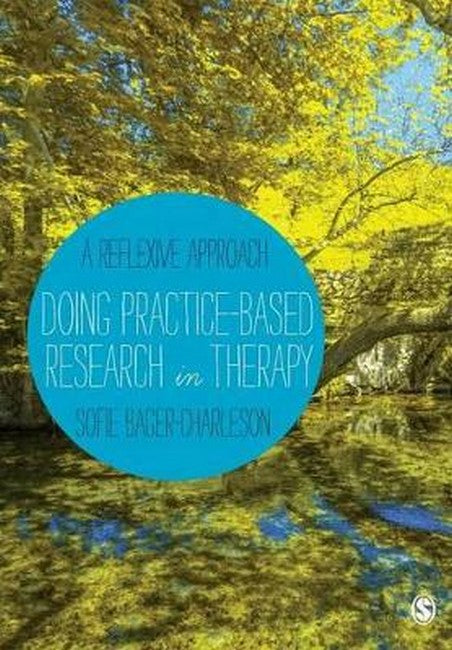Sofie Bager-Charleson is a psychotherapist, supervisor and writer. She draws from psychoanalytic, existential and cognitive behavioural theory with a particular interest in postmodern influences on therapy. She holds a PhD from Lund University in Sweden, where she specialised in attachment issues within families and reflective practice amongst teachers. She writes both fiction and non-fiction. She works as the Director of Studies on the MPhil/PhD at Metanoia Institute and Module Leader on the DPsych. She runs workshops and courses in therapeutic practice, reflective and creative writing, in both Sweden and England.
Request Academic Copy
Please copy the ISBN for submitting review copy form
Description
Real-life research Personal Development A cross-disciplinary and multi-method approach of multilingualism in psychotherapy, by Jean-Marc Dewaele & Beverley Costa What is evidence-based research? Formulating the research question Doing Your Literature Review, by Simon du Plock Considering Ethics The researcher as a person Epistemology and methodology, What is reflexivity? Reflexivity on introspection Reflexivity as intersubjective reflection Reflexivity as mutual collaboration Making an Impact, by Simon du Plock Concluding remarks
The book is very well structured and it could be used by a wide audience, at different levels of experience and expertise. -- Dr Biljana van Rijn Practice-based research is not well understood in the general social science research literature and this text will make a distinct contribution. -- Jeannie Wright The real strength of the book lies in its evident grounding in ongoing and current research practice, frequently quoting from, or giving live examples of, students' work, such as the personal impact of going through a professional complaint or evaluating a voluntary sector agency providing school-based therapy. Hence the chapter on formulating a research question, often the key struggle for beginning researchers, gives a range of real-life examples which will be valuable to most readers. -- Peter Jenkins - Senior Lecturer in Counselling at the University of Manchester Like Bager-Charleson, I come from a position that holds that all practitioners are knowledge creators, that every counselling session is potentially a source of new and important knowledge. However, as this book recognises, the professions of counselling and psychotherapy have struggled with finding methods of research that generate new ????knowledge to inform a developing profession while honouring its deeply subjective dimensions. This book sets out to demystify research, and to correct the profession?'s somewhat uncritical adoption of positivist methods of gathering evidence without due reference to the complex subjectivity of the researcher. It seeks to offer practitioners a perspective that allows them to appreciate the potential of a research approach that acknowledges and explores the messiness of everyday practice... ??I came to this book with high hopes and expectations stemming from my own struggles as a practitioner-researcher who also teaches research methods for guidance counsellors. I had hoped to find in this book a resource for helping me to think creatively about possibilities for methods congruent with the reflexive nature of psychotherapy. Though not without flaws, this book has easily met those expectations.????? -- Dr David McCormack

